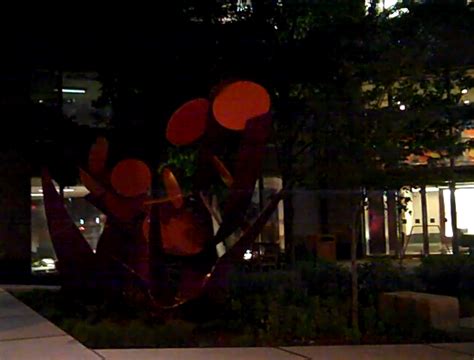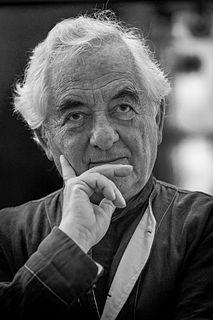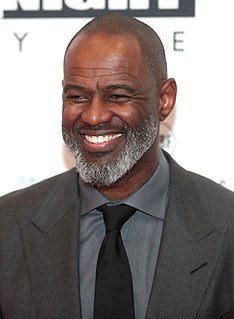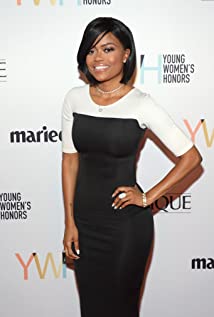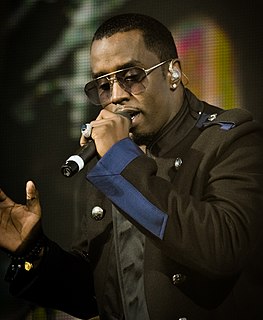A Quote by Hans-Ulrich Obrist
When I was 17, I met many artists, and it started to become this conversation with artists out of which all of my exhibitions grew.
Quote Topics
Related Quotes
Artists look at the environment, and the best artists correctly diagnose the problem. I'm not saying artists can't be leaders, but that's not the job of art, to lead. Bob Marley, Nina Simone, Harry Belafonte - there are artists all through history who have become leaders, but that was already in them, nothing to do with their art.
I think the entrepreneurial activities that make art visible and attractive are what lure people into the amusement park that SoHo has become or that Bushwick or Williamsburg has become. It's not that outsiders come to an area because they hear artists are living there. A lot of people came who were not that interested in living with artists, but they were interested in living like artists and socializing the way that they thought artists socialized.
During the last 35 years, the artists multiplied, the public grew enormously, the economy exploded, and so-called contemporary art became fashionable. All these parameters changed the art world form its previous aspects and fundamentals - the explosion of museums and institutions, explosion of Biennales and Triennials, explosion of money, explosion of interest, explosion of artists, explosion of countries interested in contemporary exhibitions, explosion of the public. Not to see that is to be more than blind.
Bernard [Leach] knew Ben Nicholson, Barbara Hepworth, Terry Frost, Peter Lanyon, Johnny Wells. I can think of a number of people that we met there just because we were living with Bernard. Some of them became our friends, particularly the younger artists, but we were privileged to at least meet and talk with the older artists also. And they would come to dinner, and we would simply be included in the conversation, which was quite fascinating.




